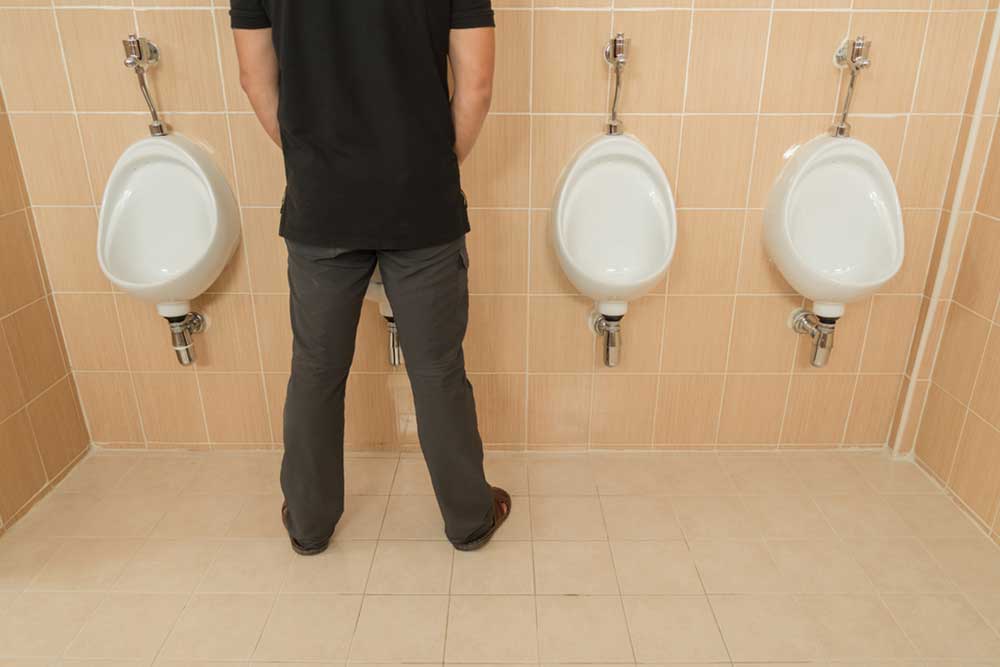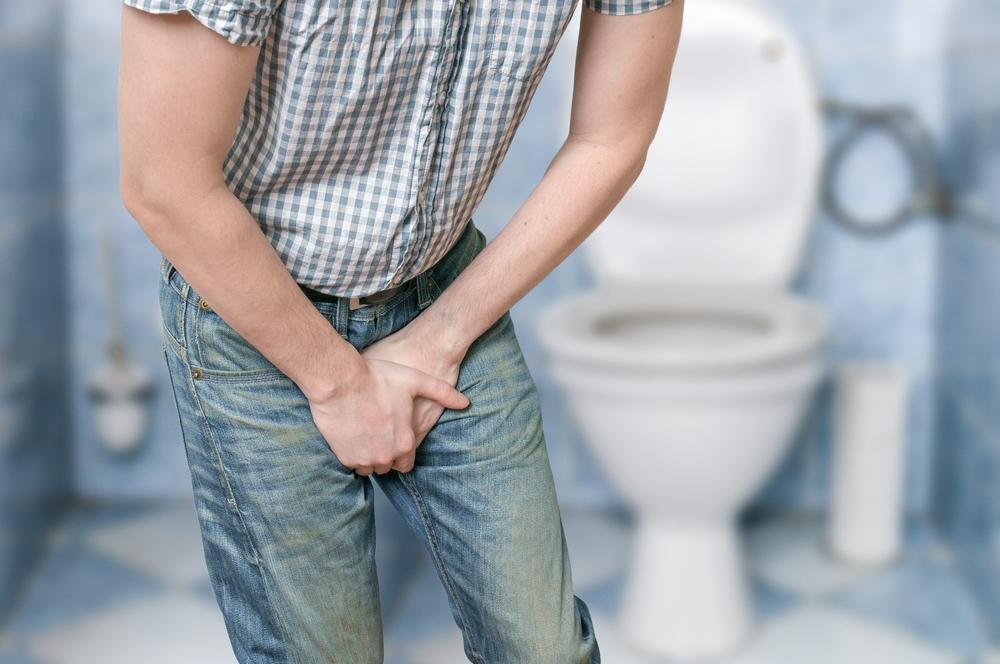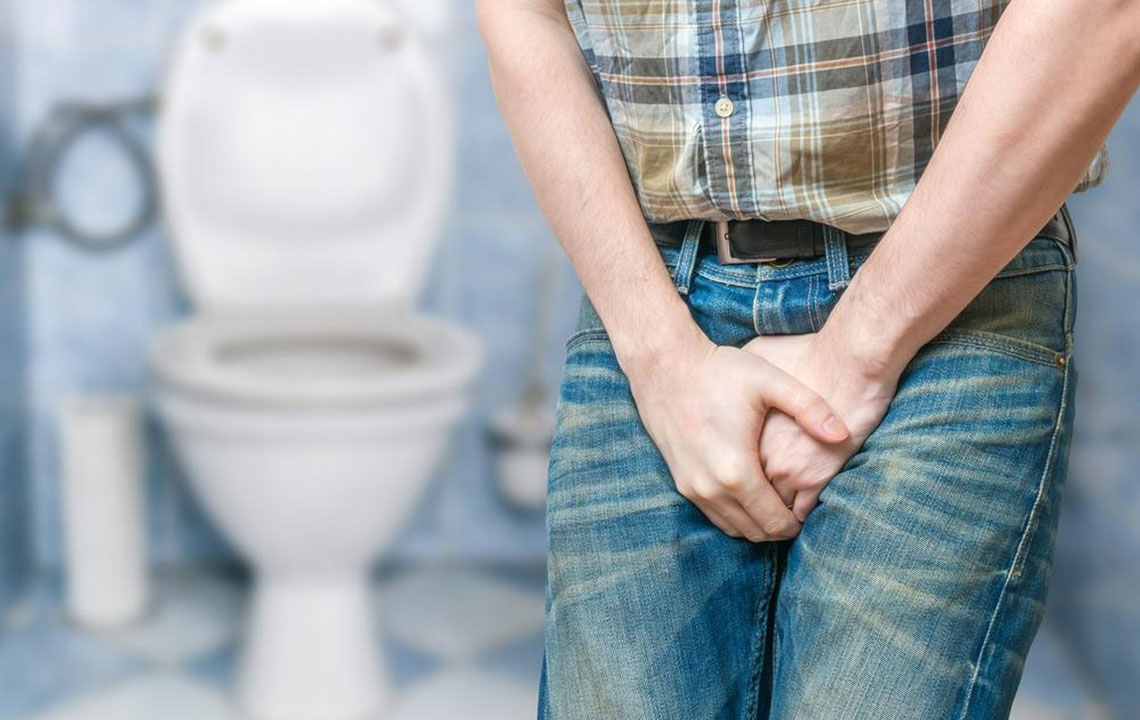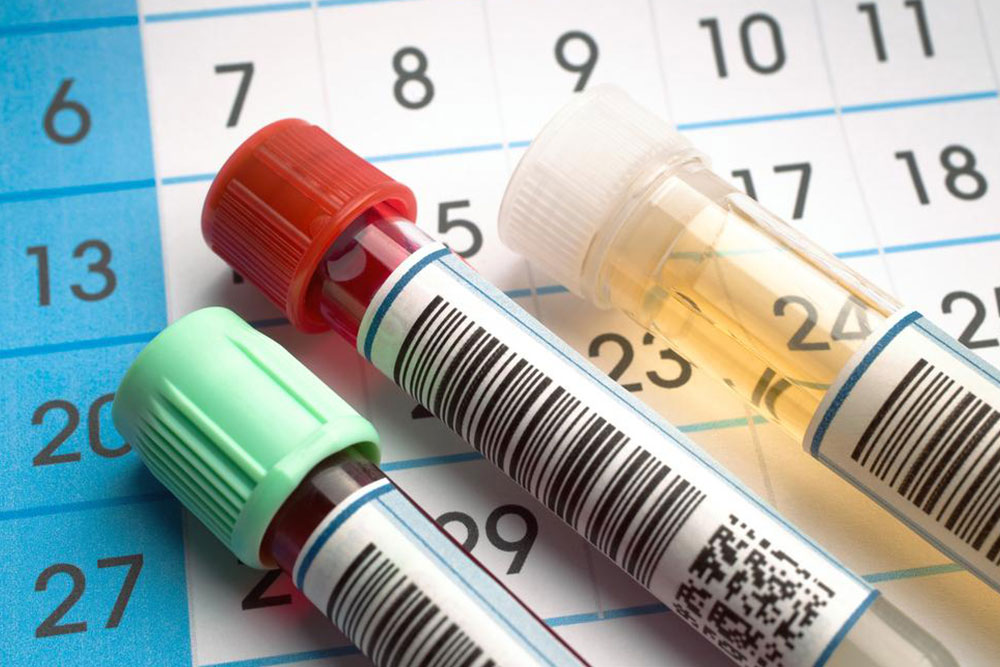Understanding Frequent Urination: Causes, Symptoms, and When to Seek Medical Help
Frequent urination can stem from various health issues like infections, diabetes, or prostate problems. Recognizing the signs and knowing when to seek medical help is crucial for proper treatment. This comprehensive guide explains common causes, symptoms to watch out for, and preventive tips to maintain urinary health and improve quality of life.

Understanding Frequent Urination: Causes, Symptoms, and When to Seek Medical Help
Frequent urination is a common concern that can significantly affect daily life, sleep quality, and overall well-being. It refers to needing to urinate more often than what is considered normal, which varies from person to person but generally means more than 8 times a day. While increased fluid intake can temporarily lead to more frequent trips to the bathroom, persistent or sudden changes in urination habits may point to underlying health issues that require attention. Recognizing the causes of frequent urination, understanding associated symptoms, and knowing when to seek professional medical consultation are crucial steps toward effective management and treatment.
In many cases, frequent urination is linked to treatable medical conditions, lifestyle factors, or medications. For example, consuming large amounts of fluids, especially beverages containing caffeine or alcohol, can increase urine production. However, if frequent urination occurs alongside other symptoms like pain, discomfort, or unusual urine characteristics, it could indicate conditions such as urinary tract infections, diabetes, prostate problems, neurological disorders, or hormonal imbalances. Early diagnosis and intervention are important to prevent complications and improve quality of life.
Common Causes of Frequent Urination
Urinary Tract Infections (UTIs): These infections affect any part of the urinary system, often causing burning sensations, urgency, pain during urination, and increased frequency. UTIs are more common in women but can affect anyone and require prompt treatment with antibiotics.
Diabetes Mellitus: High blood sugar levels cause the kidneys to work harder to eliminate excess glucose, resulting in higher urine volume. This can lead to dehydration, increased thirst, and frequent urination, often accompanied by fatigue and unexplained weight loss.
Pregnancy: As the fetus grows, the expanding uterus presses against the bladder, reducing its capacity and causing a frequent urge to urinate. This is a normal part of pregnancy but can be bothersome.
Enlarged Prostate (Benign Prostatic Hyperplasia - BPH): In men, an enlarged prostate can obstruct urine flow, causing irritation of the bladder and increased urgency or frequent urination, especially at night.
Medications: Certain drugs, like diuretics used for high blood pressure or fluid retention, increase urine production. Other medications may have side effects leading to urinary frequency.
Neurological Conditions: Disorders such as Parkinson's disease, multiple sclerosis, or spinal cord injuries can affect nerve signals controlling the bladder, leading to overactive bladder symptoms.
Bladder Overactivity: Conditions where the bladder muscles contract involuntarily, causing urgency and frequent urination, often without infection or other obvious cause.
Symptoms Associated with Frequent Urination
Depending on the underlying cause, frequent urination may be accompanied by various symptoms:
Burning or pain during urination, indicating infection
Blood in urine (hematuria)
Cloudy, foul-smelling, or discolored urine
Unexplained weight loss or fatigue in diabetics
Pelvic or abdominal pain
Difficulty starting urination or weak stream in prostate enlargement
Incontinence or inability to control urination
When to Seek Medical Attention
If you experience any of the following, it is essential to consult a healthcare professional promptly:
Sudden increase in urination frequency with no apparent reason
Persistent pain or burning sensation during urination
Blood in urine or cloudy urine
Fever or chills along with urinary symptoms
Incontinence or inability to urinate
Signs of dehydration or unexplained weight loss
Timely medical evaluation can help diagnose underlying issues such as infections, diabetes, or prostate problems. Diagnostic tests might include urinalysis, blood tests, ultrasound, or cystoscopy to determine the exact cause and guide treatment plans.
Preventive Measures and Lifestyle Tips
Reducing the frequency of urination and maintaining urinary health involves simple lifestyle changes:
Avoid excessive consumption of caffeine, alcohol, and spicy foods that irritate the bladder.
Stay well-hydrated but avoid drinking large amounts of fluids right before bedtime.
Practice good hygiene to prevent urinary tract infections.
Manage underlying health conditions such as diabetes and prostate issues effectively.
Regular exercise and maintaining a healthy weight reduce pressure on the bladder and prostate.
Understanding the causes and symptoms of frequent urination empowers individuals to seek appropriate medical care. Proper diagnosis and treatment not only alleviate discomfort but also prevent potential complications, ensuring better health outcomes.





